Discover how Ecosystem 180 revolutionizes startup ecosystems by offering advanced, AI-driven tools that surpass traditional methods, enhancing efficiency and innovationIn a world where innovation, entrepreneurship, and startup ecosystems are celebrated as the dynamic powerhouses driving our societies forward, a glaring paradox emerges. These hubs, brimming with technology, innovation, and brilliant minds, are paradoxically mired in outdated operational practices. Why, in 2023, do our ecosystem operations and technology strategies resemble relics from the 1980s? Across the globe, every nation, irrespective of its development status, faces this anachronism. The disconnect is stark and unsettling. The AI revolution has transformed industries, yet the technological underpinnings of our economic development initiatives remain woefully archaic. This chasm exists at every level, from international financiers to local economic development units. The private sector, while innovative in other realms, lags in ecosystem development, constrained by the necessity of public-private collaboration in establishing foundational infrastructure. But there's a shift on the horizon. The era of multi million-euro barriers to advanced digital platforms is ending. A new paradigm emerges, one that synergizes the agility and global reach of the SAAS model with the bespoke, lock-in-free freedom of custom-built solutions. This approach isn't just strategically smarter; it's a cost-effective, time-efficient leap into the future of ecosystem development. In the realm of startup ecosystems, effective data management is not just a necessity – it's a game changer. Existing tools for startup ecosystem development have offered partial solutions, but often at the cost of narrow view, flexibility, integration, and real-time data utilization. These limitations have led to disjointed experiences, data silos, and inefficient resource utilization, hindering the true potential of entrepreneurial ecosystems, and what worries the most, making startup progress slower. 🔍 The Shortcomings of Traditional Tools:
🚀 Introducing Ecosystem 180: A New Era in Assisting Startup Ecosystem Development That's where Ecosystem 180 steps in, breaking the mold with its holistic and innovative approach. Designed specifically for innovation and entrepreneurship ecosystems, it transcends these challenges by offering: 🌐 Global Data Repository: A centralized source for all ecosystem data, promoting consistency and eliminating data silos within and between ecosystems 🔗Seamless Integration: Unprecedented interoperability among applications, enhancing efficiency and user experience. 🤖 AI-Driven Insights: Leveraging generative AI for personalized support and real-time data analysis. 🛠️ Customization and User-Friendly Design: Tailored to align with your ecosystem’s unique branding, enhancing user interaction and satisfaction. 🔒 Robust Security and Compliance: Adherence to global regulations like GDPR, ensuring data privacy and security. 🌟 Why Ecosystem 180 Matters to You We invite you to explore how Ecosystem 180 stands out from existing solutions. Our comparison table below illustrates the transformative capabilities of Ecosystem 180 in comparison to existing solutions. A fitting solution for the filed lead by public sector decision making logic, where everyone is looking to operate from “past perspective”, looking for proven best practises between each others, to non-existing solutions, because world simply moves fast forward. This future needs to be built together and someone has to lead the way. Data infrastructure level solutions don’t just magically appear as a validated best practise that one can copy. But it has emerged as a simple starting kit that anyone can start from today.
Join us in embracing this innovative journey toward a more connected, efficient, and forward-thinking future. Let's discuss how Ecosystem 180 can redefine the landscape of ecosystem management for you. Your insights and participation are key to shaping this new era! Ecosystem 180º Demo: Unleashing Innovation and GrowthStart generating more innovations and growth, faster. By optimizing entrepreneurship journeys. Begin a journey of transformation and acceleration in your startup ecosystem. Ecosystem 180º plan, is designed to simplify the entrepreneurial journey, providing startups and entrepreneurs with timely access to essential resources. By understanding and responding to their real-time needs, Ecosystem 180º enables more strategic allocation of development resources, thereby fostering faster and more effective growth. Main Features of Ecosystem 180º:
Watch this demo to learn how you can transform the way you are orchestrating and developing your startup ecosystem. For further information about Ecosystem 180, check FAQs out or to schedule a one-on-one consultation, please reach out to us here. You can also request access to our demo to test it before any meeting with us. The ecosystemOS team is ready to assist you with any queries and help you get started on this transformative journey for your startup ecosystem development plans. Try Ecosystem 180º Yourself!Discover the EU|BIC Playbook: A New Era of Innovation!Unveil the groundbreaking EU|BIC Innovation Ecosystem Building Playbook and explore Startup Commons' instrumental role in defining the metrics of tomorrow's innovation ecosystems. We're delighted to introduce the "EU|BIC Innovation Ecosystem Building Playbook" released in June 2023. This playbook is a culmination of collaborative efforts, offering a comprehensive framework for incubators, accelerators, and other innovation actors. And we're proud to announce that Startup Commons has been a key contributor, especially in the domain of ecosystem KPI measurement. About the playbook
Startup Commons' Spotlight In the section "Which Ecosystem KPIs to Measure and How" we've emphasized the significance of data interoperability in fostering an integrated approach within the EU|BIC innovation ecosystem. Our insights highlight:
A Word from the CSO of EBN, Bram Pauwels: "For nearly four decades, EBN and the pan-European EU|BIC community has been guided by the belief in innovation as a powerful force for sustainable economic growth, social progress, and sustainability. United by their common mission and unique in their local contributions, EBN’s quality-certified EU|BICs play a vital role in regional development, job creation, and making a positive societal impact by providing resources, guidance, and connections for startups, SMEs and innovators of all kinds to thrive. Increasingly, innovation can address systemic crises and create solutions across multiple dimensions including all actors of the innovation helix. Regional innovation ecosystems provide crucial leverage in addressing local challenges by connecting local resources and networks. They support the development of context-specific solutions, ensuring relevance, effectiveness, and local ownership - closely aligned with European strategies and initiatives such as the European Green Deal. With the EU|BIC Innovation Ecosystem Framework we seek to provide a comprehensive roadmap for realising and strengthening local innovation ecosystems, driving pan-European and global innovation - ultimately to create greater wellbeing for all." Join the Movement: Explore the Playbook and witness the collective efforts of many, including ours, in shaping the future of innovation in Europe. Three use cases that contribute to create a single source of truth to help orchestrate your startup ecosystem1.- As an ecosystem builder, I want to know the most common pathflows of the startups within my territory Get automated data and insights about how entrepreneurs and startups move through the startup ecosystem: get to know what support organizations and events the entrepreneurs and startups are interacting with and at which velocity entrepreneurs and startups move through the ecosystem. The solution is based on one core application of ecosystemOS, Circle Pass, a modern identity management solution that enables data sharing and portability among individuals and startup ecosystem entities. 2.- As an ecosystem builder, I want to get ecosystem data I can rely on Find out the foundational component that allows cities, regions and countries to take control of their startup ecosystem data for setting out the terms and conditions for the use of such data for the benefit of everyone. Watch below a short conversation with Khairool Adzelan, Manager, Ecosystem Development and Digital Innovation at SDEC, that summarizes the essence of this use case. Watch the whole conversation here and contribute with your comments in the global conversation. 3.- As an ecosystem builder, I want to coordinate the existing startup supporting services Run a digital service to periodically understand the relationships and dependencies between the different support organisations and related existing supporting services that contribute to create a better startup journey experience within the ecosystem. The startup ecosystem mapping app is:
All these use cases will be presented during our "Ecosystem Builders Who Tech" event during Slush 2022. If by chance, you can't attend to our workshop in Helsinki and you are interested in it, reach out to organize it in your facilities. Contact us also to check out our small-scale and short-term pilots for each of the use cases described above.
Webinar Recording - Initiating The Startup Ecosystem Orchestration: The Ecosystem Operator Function21/10/2022 An interesting conversation with Sarawak Digital Economy Corporation (SDEC) about their journey as the startup ecosystem operator in the Sarawak startup ecosystem, Malaysia. Speakers include: Khairool Adzlelan Aman, Manager, Ecosystem Development and Digital Innovation, and Elizabeth Linli Charles, Executive, Innovation and Entrepreneurship. Live Webinar - Initiating the startup ecosystem orchestration: the ecosystem operator role12/10/2022 Join us to learn from the experience of Sarawak Digital Economy Corporation (SDEC), our partner in Sarawak, Malaysia, in setting up the startup ecosystem operator function.We are going to take you behind the scenes into one of our customer stories so you can see how things work in practice when those responsible of developing the startup ecosystem are committed to initiate the journey towards an orchestrated startup ecosystem that contributes to accelerate economic growth. For our guest speakers from Sarawak Digital Economy Corporation (SDEC), Khairool Adzlelan Aman, Manager, Ecosystem Development and Digital Innovation, and Elizabeth Linli Charles, Executive, Innovation and Entrepreneurship, it is the set up of the ecosystem operator function that was the first step towards a more effective coordination in the Sarawak startup ecosystem. In this webinar, Khairool and Elizabeth will take us behind the scenes into their own ecosystem operator journey to show exactly:
On October 18th 2022 @ 2:00 PM EEST This webinar is ideal for national, state and city governments, public private organizations, economic development agencies, development financiers and foundations In the end of the session, there will be Q&A and experiences sharing. Don't miss it out and book your place About SDECSarawak Digital Economy Corporation Berhad (SDEC) is a company that is wholly owned by the State Government of Sarawak under the purview of the Ministry of Finance and Economic Planning to spearhead Sarawak’s digital economy initiatives and transform Sarawak into a Digital Economy Powerhouse. Established in January 2018 its main objectives are to revolutionize Sarawak’s economy and industries as well as to spur socioeconomic growth and advancement.
Startup Ecosystem Development By Enabling Interoperability Ecosystem Builders Who Tech is here again, bringing together startup ecosystem builders, data specialists and software engineers to discuss how interoperability improves the startup journey experience via the safe and secure exchange of data related to the startup journey and the supporting services. We will discuss among other topics about:
Join us at our company headquarters in beautiful dark Helsinki on November 16, 2022 from 9:00 to 15:00 EET. Agenda
Please note that the workshop is presencial, and space is limited so register quickly to ensure your place at the event.
The Digiole team will be available after the workshop to answer any questions you have—so you can walk away feeling confident in your digital opportunities. Don't miss it out and book your place! Feel free to contact us ([email protected]) in advance with your questions/suggestions. Our most demanded startup ecosystem development workshop is back. Pushed by market matureness, our most demanded startup ecosystem development workshop is back. Learn how to take your startup ecosystem to the next level, an intimate, private 2-day event where you will work directly with us to learn the core elements of accelerated startup ecosystem growth. The Digiole team, backed by work experience with 30+ startup ecosystems, will share real-world cases from some of the most relevant startup ecosystems in the world and give you the hottest insights for ecosystem growth. Besides the fundamentals of ecosystem development (ecosystem development team, processes, best practices, measurements and more), we have updated our workshop with hands-on content related to data strategy in a multi stakeholder environment, which is essential for any ecosystem to stay relevant, competitive, and innovative amidst constant change. The main objective of this workshop is to help you build a startup ecosystem growth roadmap with your ecosystem through knowledge, connections, strategies, tools and technology. Number of workshops is limited. To learn more or request information, please visit https://www.startupcommons.org/startup-ecosystem-development-workshop.html and fill out the Request Pricing form. Your startup ecosystem will never be the same.
Private Beta Launch of the SaaS Startup Ecosystem Mapping App Four months after our first commercialized startup ecosystem mapping solution, we are proud to share that the first SaaS Private Beta of the Startup Ecosystem Mapping App will be released in the beginning of September 2022.
The process to request access to the Private Beta is open now for 30 days. Startup ecosystem builders wishing to request an invite to our Private Beta may do so through the website www.ecosystemos.com or drop us a message at [email protected] for any enquiries or feedback. All invitations are more than welcome but be informed that we will only work with a handful of them to make sure that every ecosystem builder can have a great experience. The core features available for this release include:
Digiole’s next milestone will be the release of the startup ecosystem mapping app as Open Beta which will be an upgraded version of the one issued for Private Beta testing, which will also include new additional features. The Startup Ecosystem Mapping App is the first 'Application Module' of ecosystemOS, with the vision to provide a 360-degree aggregated view of the innovation entrepreneurship environment with great accuracy. We are looking forward to you joining us as part of this amazing journey that will bring better outcomes for the startup world. If you have specific questions, please make sure to reach out to us. In the meantime, stay tuned for exciting things to come! Road Trip! Digiole is going on a world tour in Fall 2022! Come and learn more about how to harness the power of your ecosystem data to effectively remove barriers for entrepreneurs, startups and other ecosystem actors. There are many conversations going on around the need for ecosystems to get a 360-degree aggregated view of the innovation entrepreneurship environment with great accuracy but in reality too little with digital is being done to unlock ecosystem data that will eventually help make efficient decisions. Ecosystems are missing many opportunities because the true digital world (data economy, API economy, etc.) and how to implement it in their context is not well understood. Starting from August 2022, we are going to activate a global tour to inform the cities, regions and countries about what is digitally required and how to gradually start implementing a relevant data infrastructure to harness the power of data to have a more accurate ecosystem analysis and benchmarking, remove barriers to entrepreneurs and startups and eventually improve the business environment. The plan is to execute 5-10 exclusive sessions from mid August to November 2022. We will lay out:
And during Slush 2022, November 17-18, we will organize a final session to share all the captured learning and finding during the global tour with the global ecosystem building audience attending the Slush event. It’s through interoperability that innovation entrepreneurship ecosystems will begin to break down their silos, use standards to harmonize its fragmented and incompatible systems and data sharing, and achieve better outcomes.
This digital approach is already being implemented in sectors like healthcare or transportation, but in the context of innovation entrepreneurship ecosystem development, there is no one that would be referred to as a global leader. This is the big opportunity for your ecosystem. This Global Tour is not a final answer, but the beginning of a global conversation about the way to support the use of data in ecosystems. Put your ecosystem in the future path. |
Supporting startup ecosystem development, from entrepreneurship education, to consulting to digital infrastructure for connecting, measuring and international benchmarking.
Subscribe for updates
Startup ecosystem development updates with news, tips and case studies from cities around the world. Join Us?Are you interested to join our global venture to help develop startup ecosystems around the world?
Learn more... Archives
December 2023
Categories
All
|
- Startup Commons
- Business Creators
-
Support Providers
- About Support Providers
- Learn About Startup Ecosystem
- Startup Development Phases
- Providing Support Functions
- Innovation Entrepreneurship Education
- Innovation Entrepreneurship Curriculum
- Growth Academy eLearning Platform
- Certified Trainers
- Become Growth Academy Provider In Your Ecosystem
- Growth Academy Training On-Site By Startup Commons
-
Ecosystem Development
- About Ecosystem Developers
- What Is Startup Ecosystem
- Ecosystem Development
- Ecosystem Development Academy eLearning Platform
- Subscribe to Support Membership
- Ecosystem Operators
- Development Funding
- For Development Financiers
- Startup Ecosystem Maturity
- Case Studies
- Submit Marketplace App Challenge
- Become Ecosystem Operator
- Digital Transformation
- Contact Us
- Startup Commons
- Business Creators
-
Support Providers
- About Support Providers
- Learn About Startup Ecosystem
- Startup Development Phases
- Providing Support Functions
- Innovation Entrepreneurship Education
- Innovation Entrepreneurship Curriculum
- Growth Academy eLearning Platform
- Certified Trainers
- Become Growth Academy Provider In Your Ecosystem
- Growth Academy Training On-Site By Startup Commons
-
Ecosystem Development
- About Ecosystem Developers
- What Is Startup Ecosystem
- Ecosystem Development
- Ecosystem Development Academy eLearning Platform
- Subscribe to Support Membership
- Ecosystem Operators
- Development Funding
- For Development Financiers
- Startup Ecosystem Maturity
- Case Studies
- Submit Marketplace App Challenge
- Become Ecosystem Operator
- Digital Transformation
- Contact Us



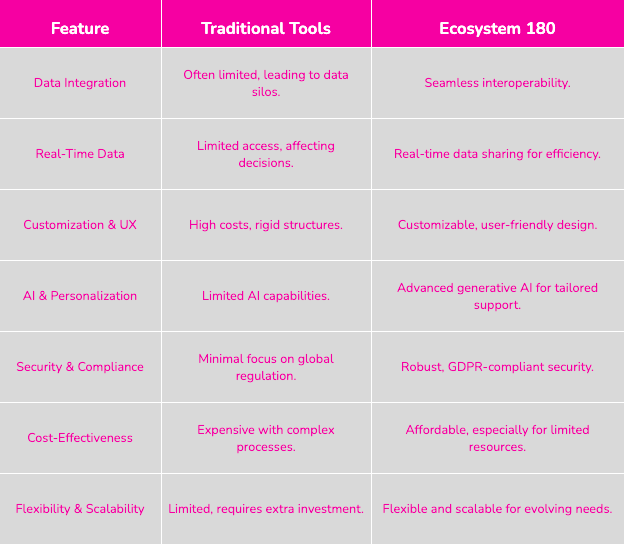
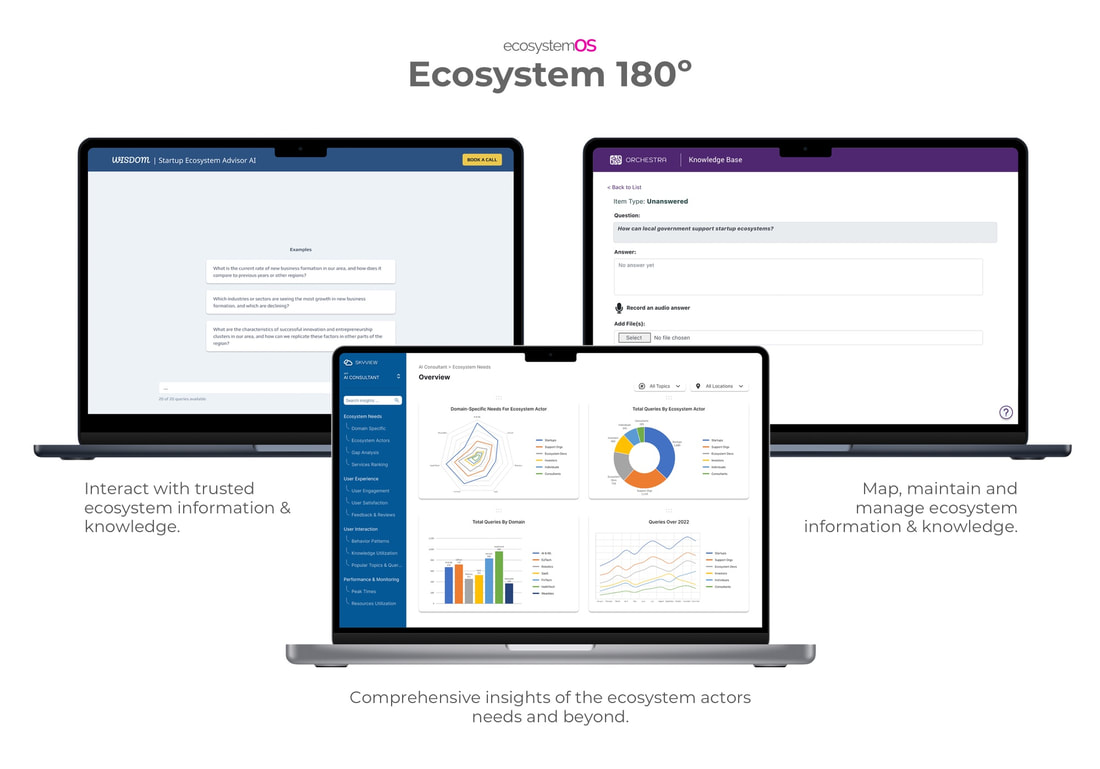
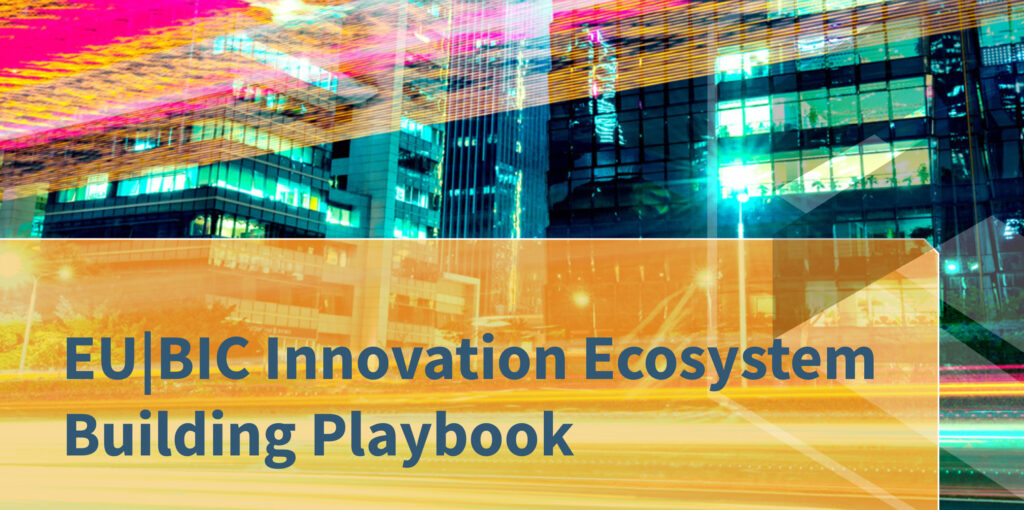
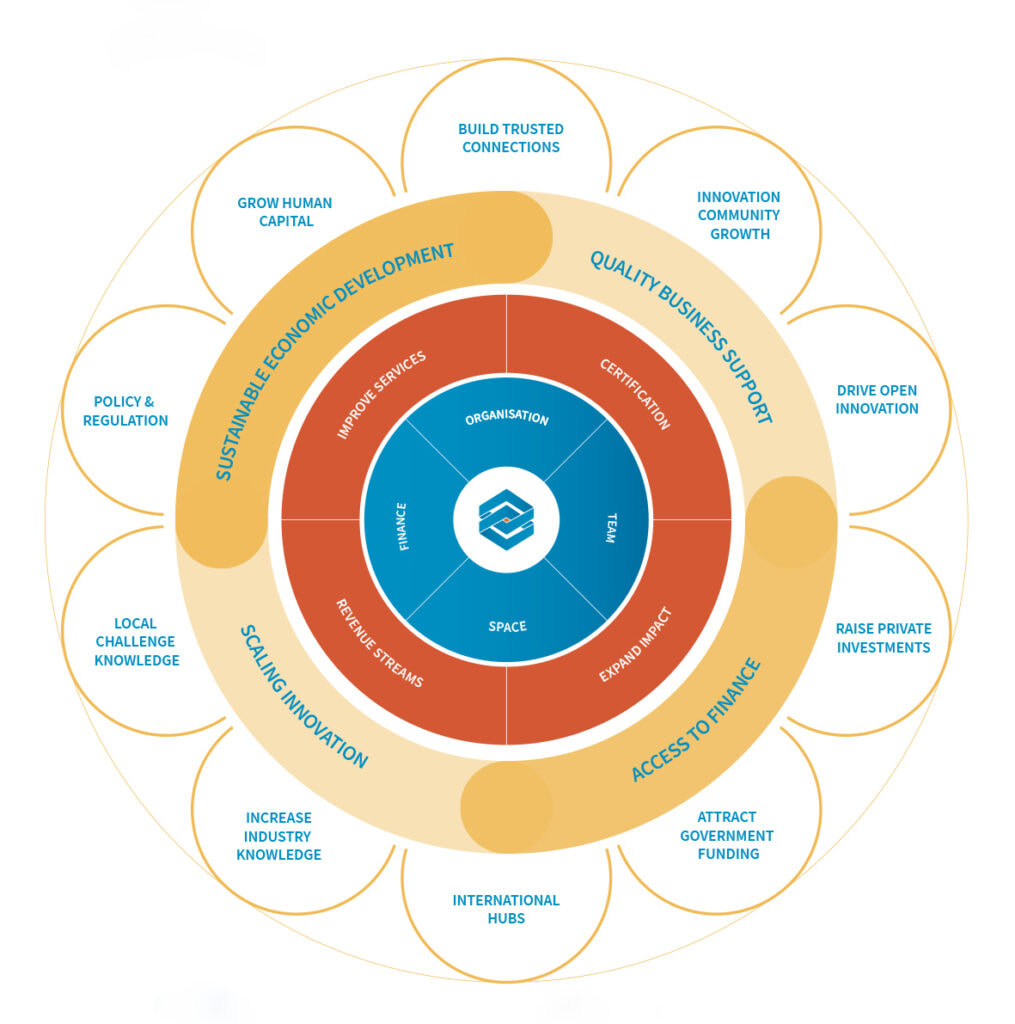
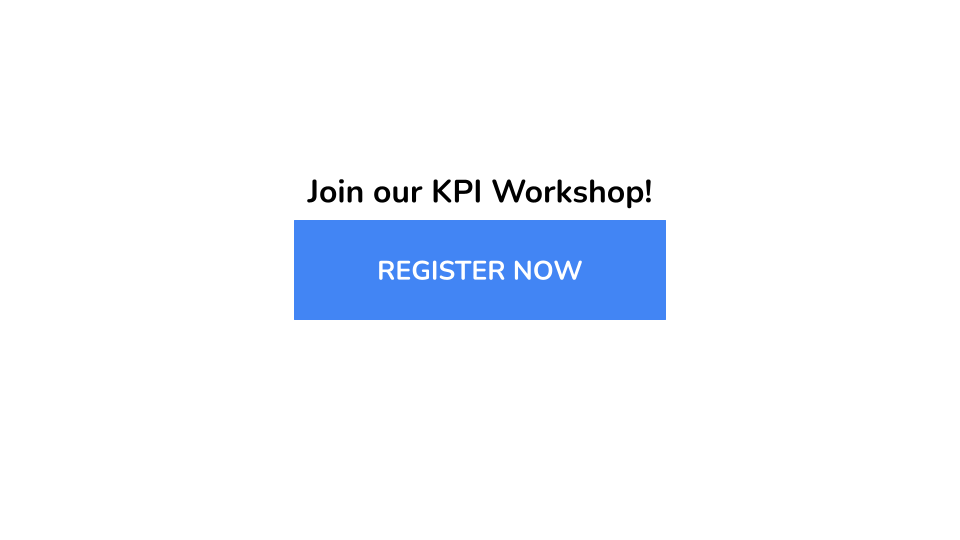
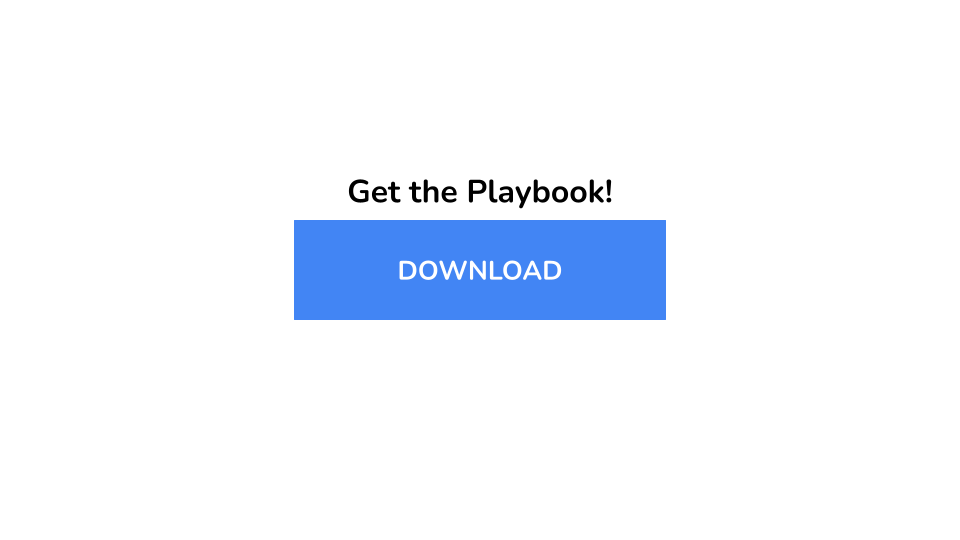
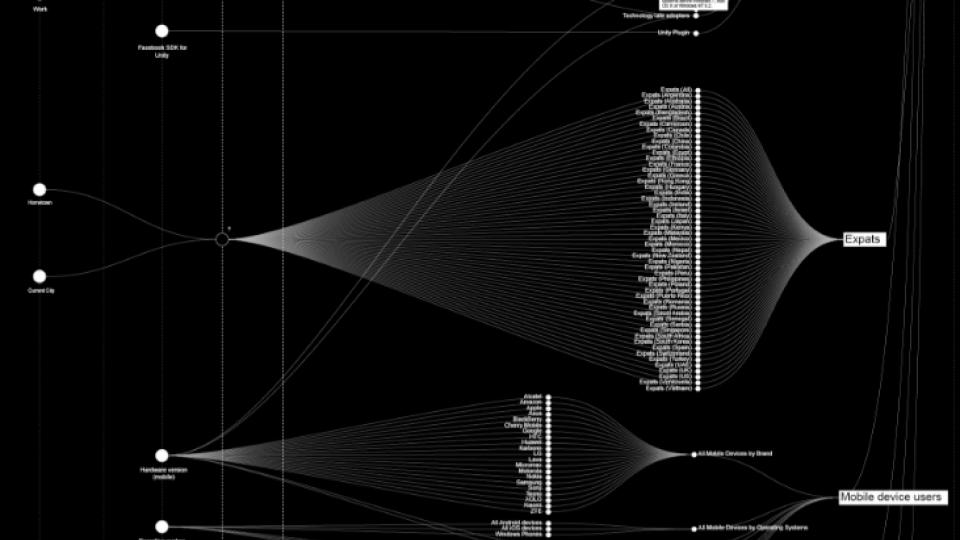
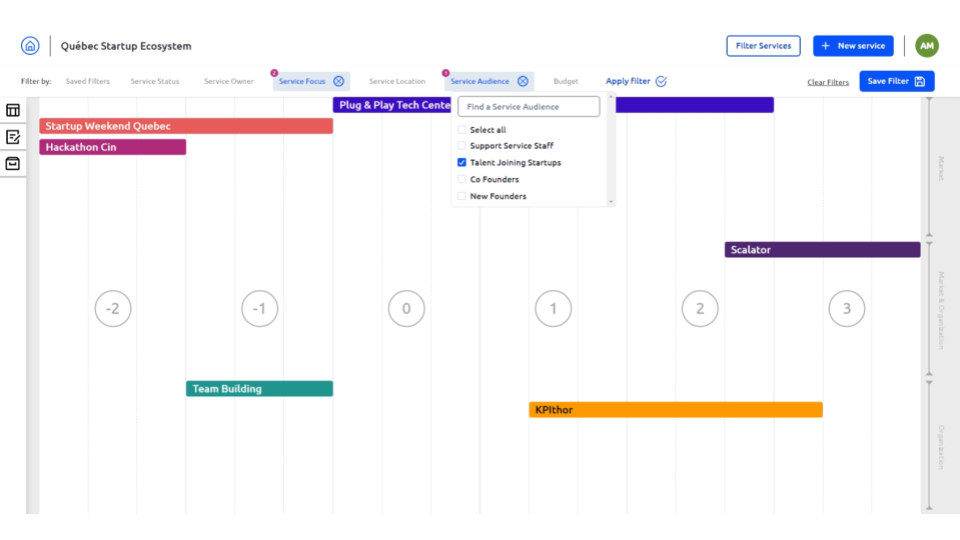
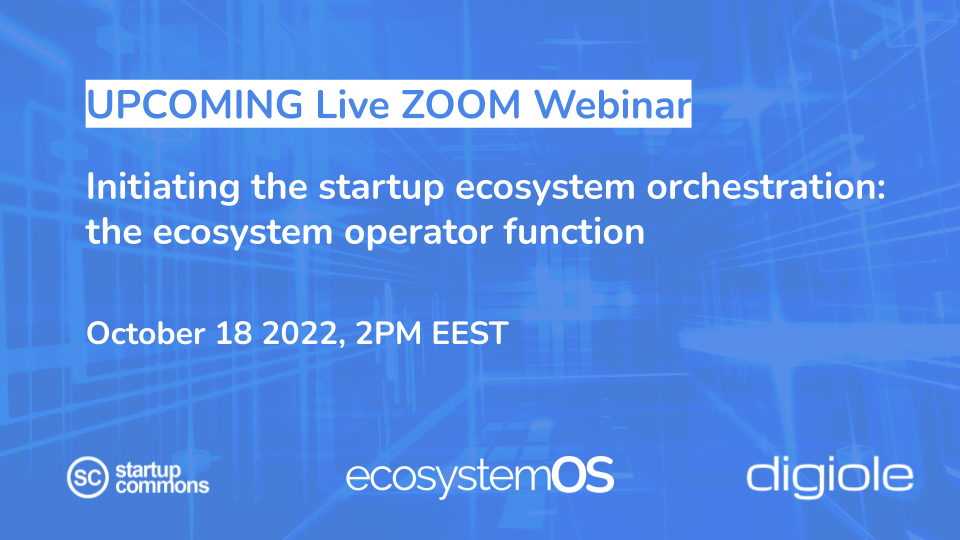
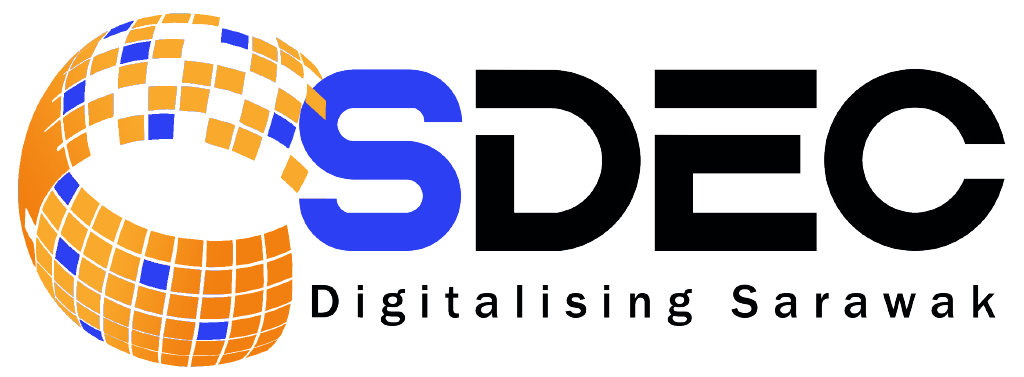
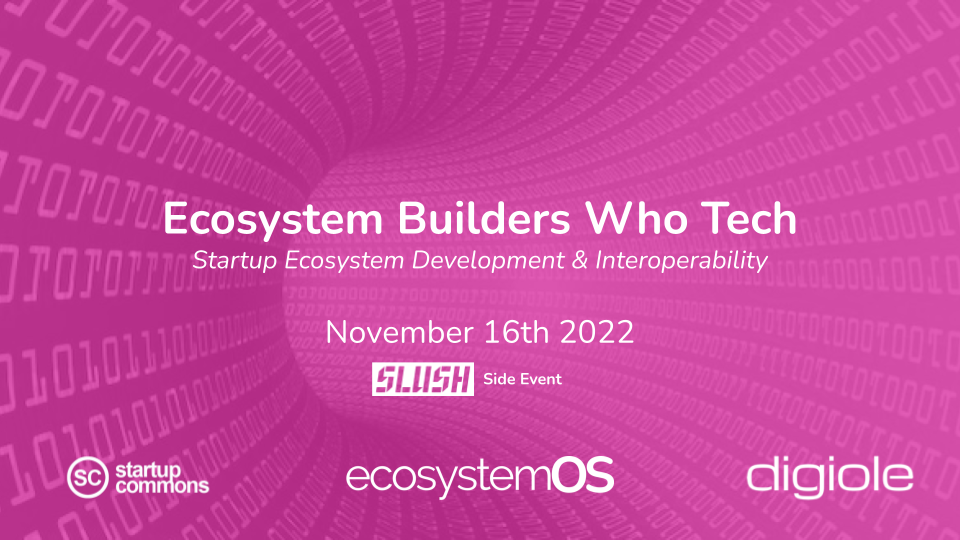
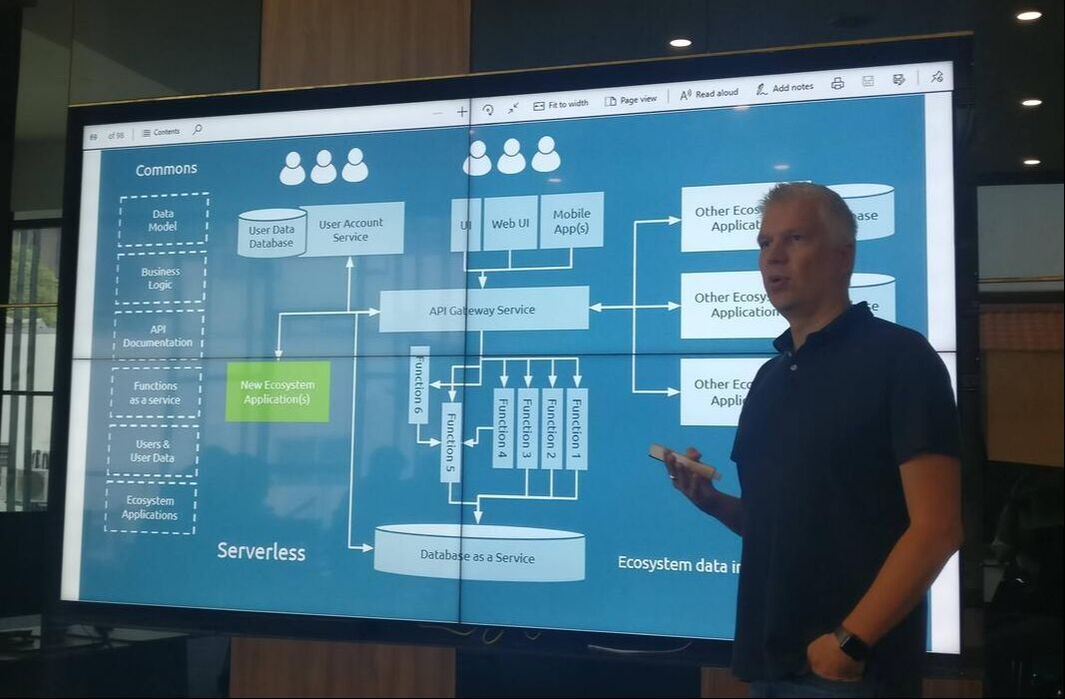



 RSS Feed
RSS Feed

